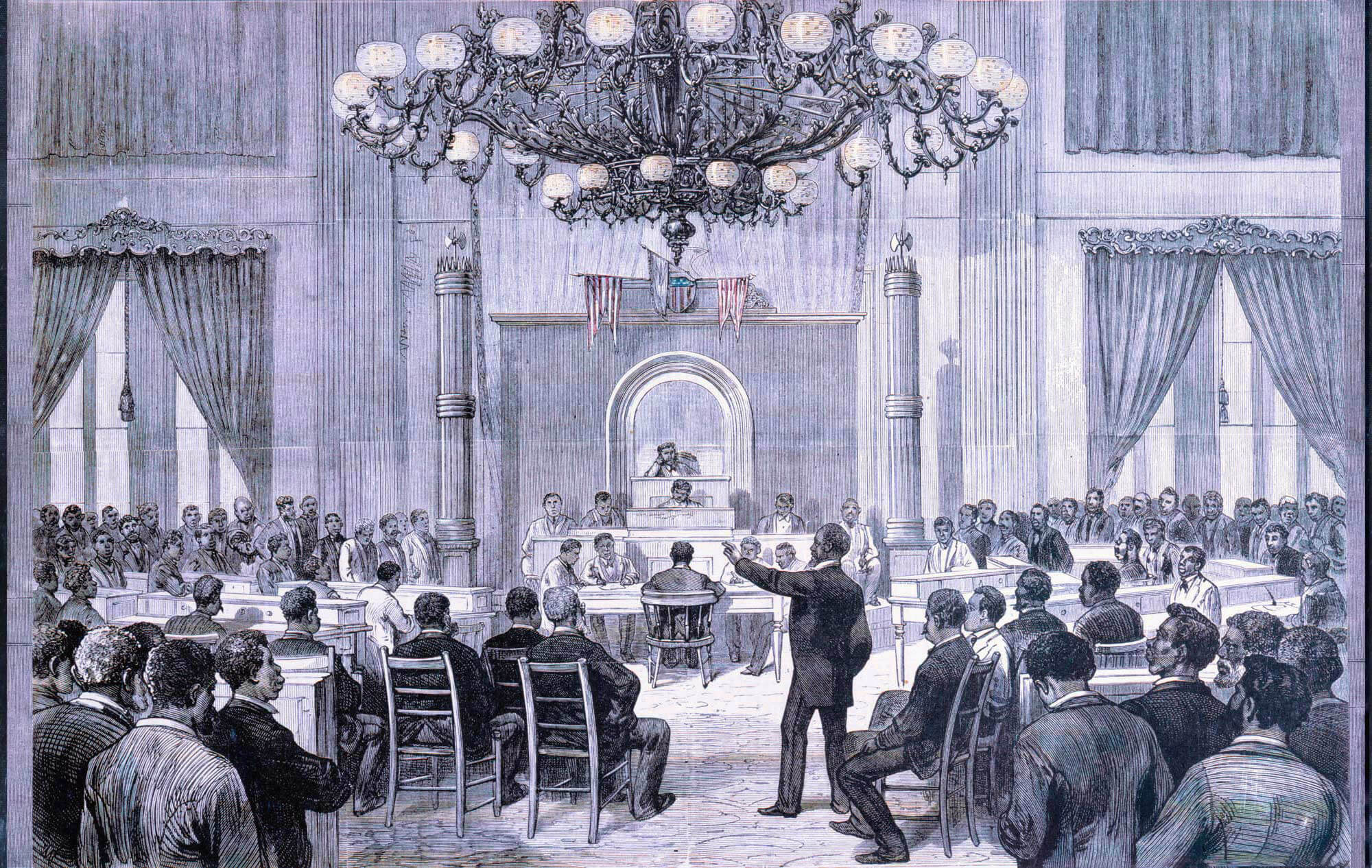Predoctoral Fellows, History of the Civil War Era
The Richards Civil War Era Center, in the College of the Liberal Arts, Penn State, invites applications for two 2026-27 predoctoral dissertation fellowships in the history of the Civil War Era.
The Richards Center conceives of the Civil War Era broadly. We especially welcome projects related to the history of slavery, emancipation, and their legacies and the history of struggles for freedom and democracy in the United States. This is a limited-term (one-year) fellowship for advanced graduate students who are in the writing stage of their dissertation. During their residency, the fellows will primarily perform their research; they will have no teaching or administrative responsibilities. The fellows will be expected to make progress on their dissertation and to take an active part in the Richards Center and Penn State’s community of researchers.
The fellowship includes a $40,000 stipend and $3,000 in research funds. The Richards Center will coordinate payment of the stipend through the recipient’s graduate institution. The successful applicant must receive approval from their graduate program to accept the fellowship.
Application Process and Submission Process
To be considered for this position, submit a complete application packet including a cover letter describing your dissertation project and goals for the year, a curriculum vita, and a list of three references to Barby Singer at bqs6@psu.edu.
We will request additional materials and letters of recommendation from candidates who advance in the search process. Review of materials will begin March 1, 2026 and continue until the positions have been filled. Please direct questions about the process via email to RichardsCenter@psu.edu.
Current Fellows

Alison McCann is a doctoral candidate in the History Department at the University of Miami. Her research focuses on 19th-century American History, emphasizing African American migration, citizenship, and concepts of freedom. Her dissertation, titled “Until Freedom be Done: African American Place Making in Liberia, 1790-1880,” examines the experiences of African Americans who sought to establish lives in Liberia, Africa, as they reconfigured their existence abroad. She highlights specific families who migrated from Southern and Northern regions through her work, articulating a narrative essential to their aspirations and decisions regarding the African outpost. By analyzing the transnational experiences of African American emigrants, Alison aims to reveal new insights into the colonization movement. The intricate lives of these Black settlers provide a nuanced and refreshing perspective on the implications of this migration movement and its broader impact on African diasporic movements. African American emigration to Liberia is a story of cultural hybridity that resided at the periphery of the American empire. Her work seeks to enrich our understanding of the United States’ empire, race, and citizenship, not only within the United States but also across the Atlantic World.

Michael Kaelin is a PhD candidate in the Department of History at the University of Wisconsin – Madison. His dissertation, “Selected Lives: Immigrant Community and the Origins of Federal Immigration Policy in New York, 1847-1882,” examines German and Irish American participation in New York State’s Board of Commissioners of Emigration, the body that regulated immigration into New York in the mid-nineteenth century. Arguing that foreign-born actors centrally shaped the Board’s policies and procedures, it reveals that this system reflected German and Irish American conceptions of “worthiness” and proper behavior among new immigrants. Their ideologies and practices were embedded in the first federal system in 1882, for which the New York apparatus served as the primary model. His work has been supported by the German Historical Institute, the German Society of Pennsylvania, and the Peter Paul Miller Educational Travel Fund.
